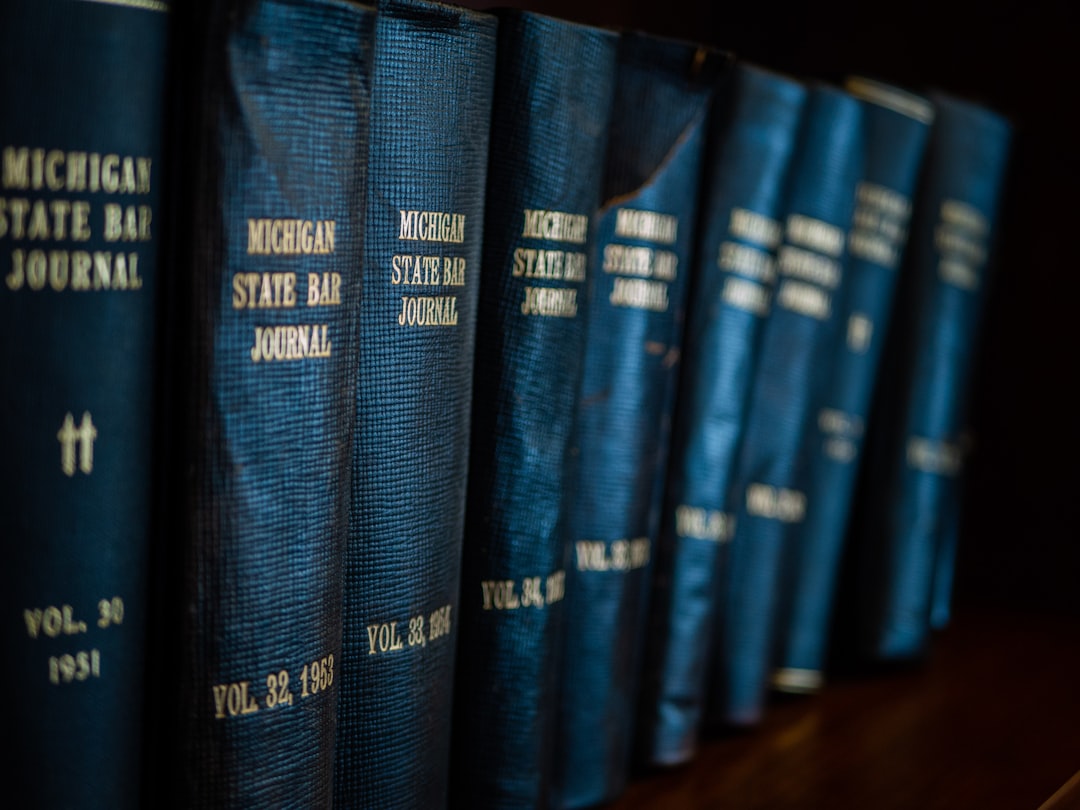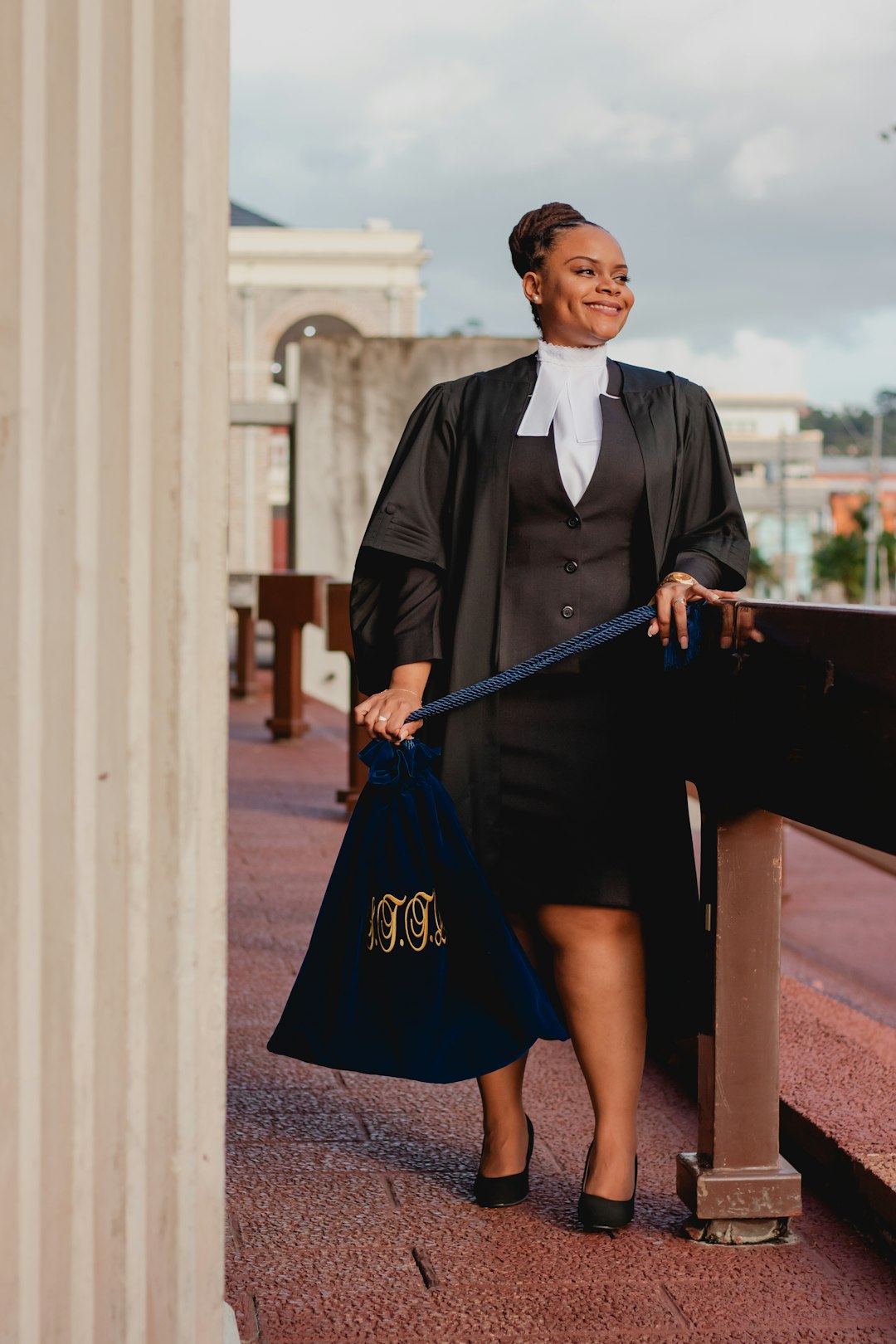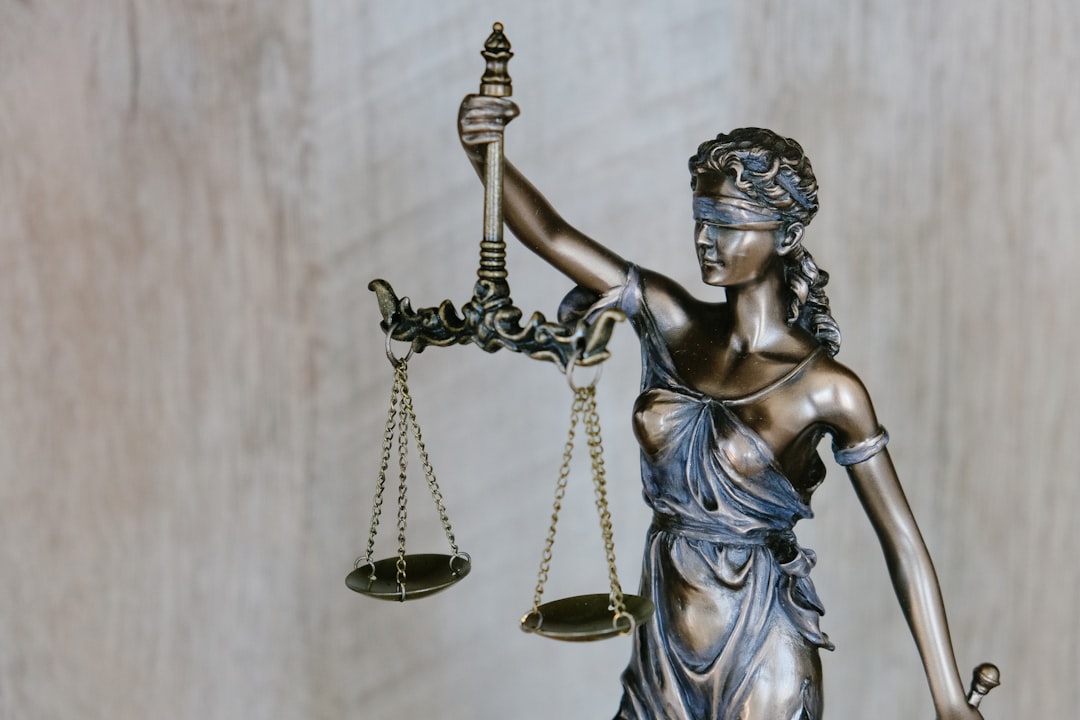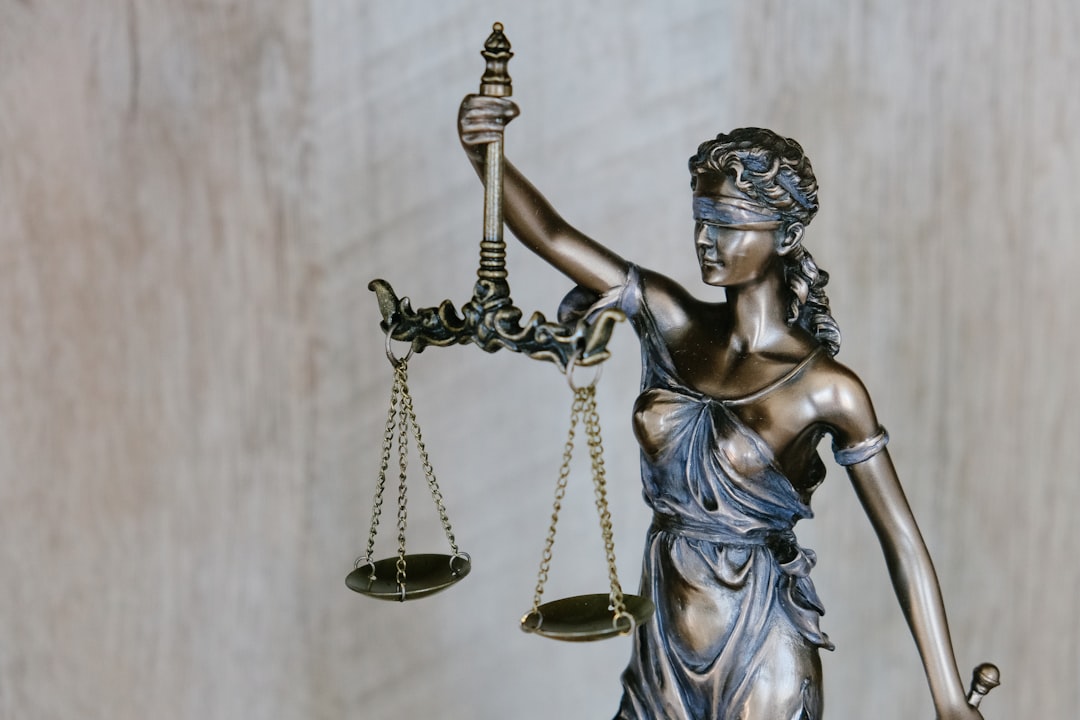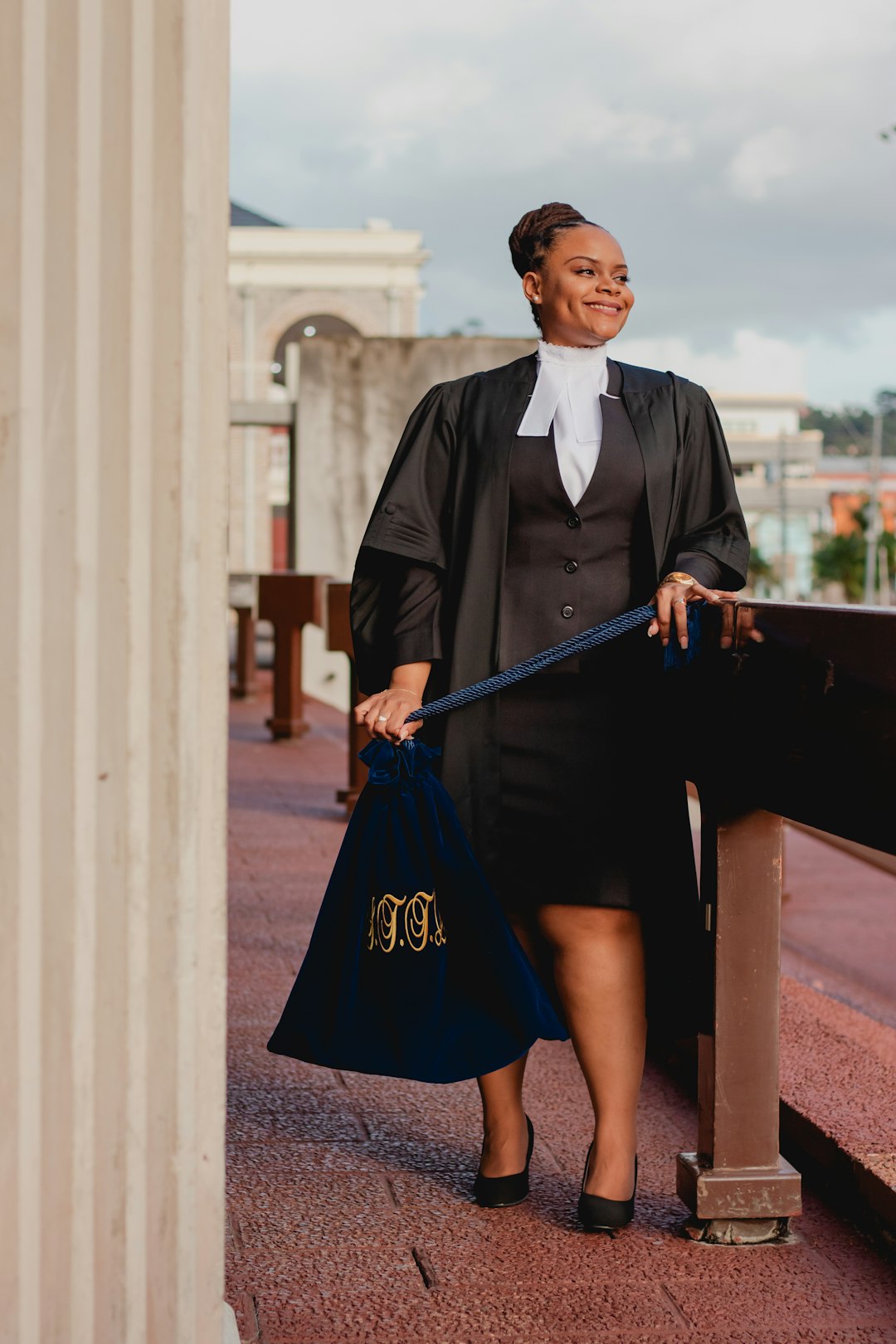Early recognition of sexual abuse signs within Dallas's diverse religious communities is crucial. A sexual abuse lawyer Texas emphasizes subtleties like behavioral changes and injuries as potential indicators. Regular training for leaders and volunteers is vital alongside legal collaboration and community engagement. These measures aim to prevent abuse, support victims, and ensure compliance with state laws, with attorneys playing a key role in guiding victims and advocating for better protection within religious institutions.
Sexual abuse within religious communities is a pressing issue that demands immediate attention, especially in bustling cities like Dallas, Texas. As we delve into the complex dynamics at play, it’s crucial to acknowledge the far-reaching impact such abuses have on victims’ lives and well-being. This article aims to shed light on strategies to prevent these heinous acts within the tight-knit fabric of religious organizations. By exploring effective measures, we empower leaders and members alike to foster safer environments. Moreover, we will discuss the vital role a sexual abuse lawyer Texas can play in holding perpetrators accountable and providing justice for survivors. Let’s navigate this challenging topic with sensitivity and a commitment to creating healthier communities.
Recognizing Red Flags: Early Signs of Potential Abuse
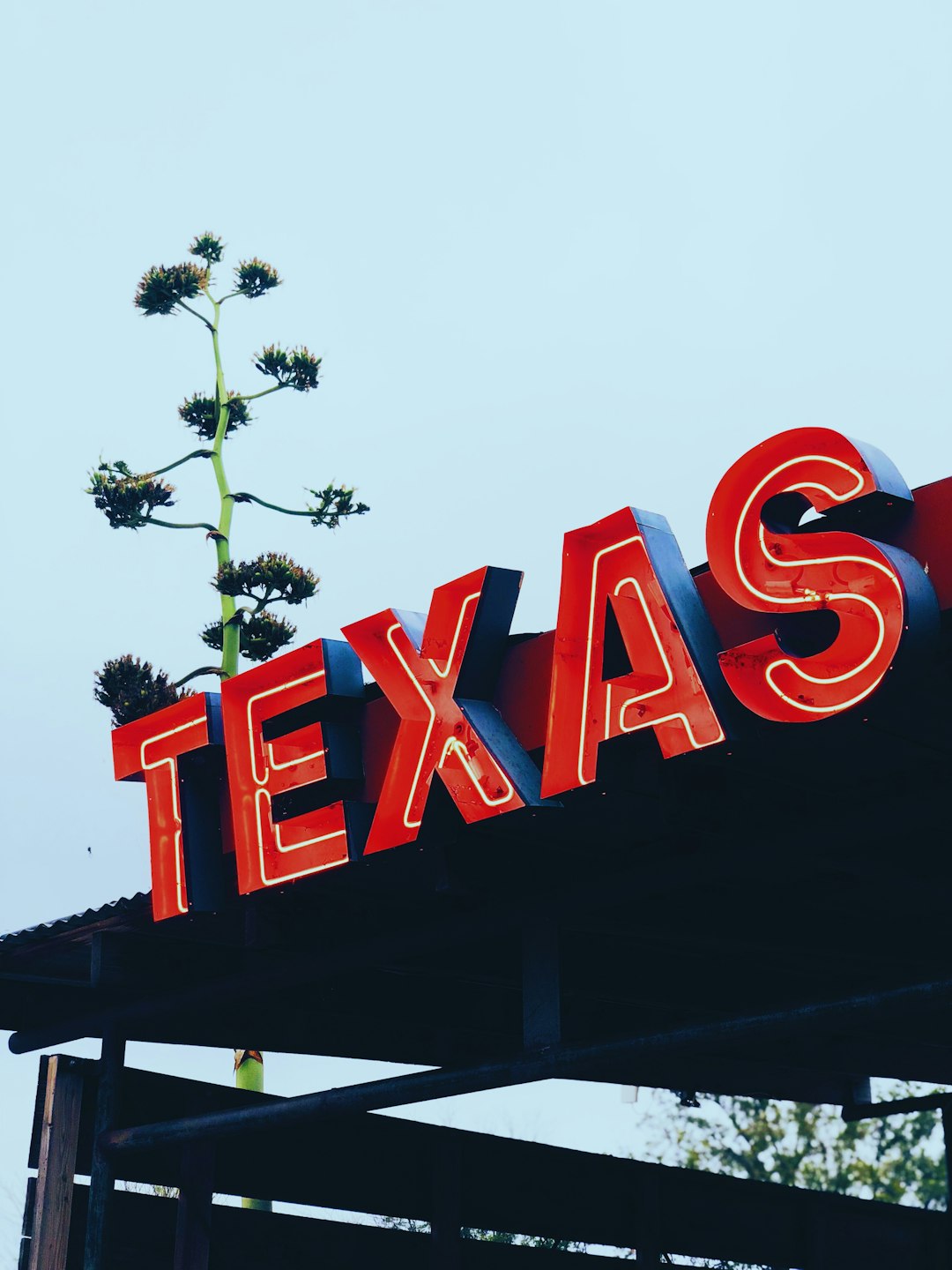
Recognizing the early signs of potential sexual abuse within religious communities is a critical step in protecting vulnerable individuals in Dallas, Texas. This urban center, with its diverse faith groups, must remain vigilant to ensure the safety of its members, especially given that sexual abuse can occur at any level, from peers to leaders. The subtle indications of abuse can often be overlooked, but an informed community equipped with knowledge and awareness can make all the difference in prevention.
One of the key roles played by a sexual abuse lawyer Texas is to educate communities on these red flags. These may include unusual behavior changes, such as a sudden withdrawal from social activities or a significant shift in mood and attitude. Children might exhibit fears or anxieties related to specific individuals or places, have unexplained injuries, or show signs of depression or low self-esteem. In adolescents, changes in appearance, substance abuse, or secretive behaviors could be indicators. Adults may also display signs like isolation, loss of interest in hobbies, or financial irregularities, which could suggest coercion or manipulation. It is essential to remember that these are potential red flags and should prompt further investigation without jumping to conclusions.
The Texas Department of Family and Protective Services reports a substantial number of child abuse cases each year, emphasizing the need for proactive measures. By fostering an environment where open communication is encouraged and trust is established, religious communities can create a safe space for individuals to come forward with concerns or experiences. Regular training sessions for leaders and volunteers on recognizing and responding to these signs are essential tools in preventing and addressing sexual abuse effectively.
Implementing Prevention Strategies: Safeguarding Your Community
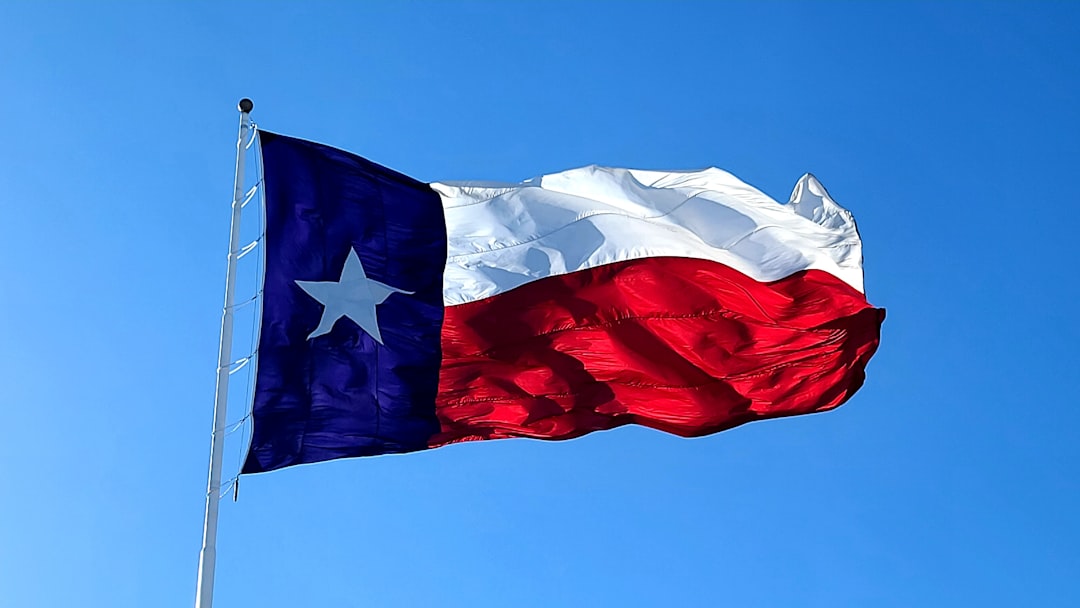
Preventing sexual abuse within religious communities in Dallas, Texas requires a multifaceted approach led by informed leadership and active participation from members. Implementing effective prevention strategies starts with recognizing vulnerabilities and establishing clear guidelines for conduct. Regular training sessions for leaders and volunteers can help identify potential red flags and promote a culture of consent and respect. For instance, workshops focused on recognizing signs of abuse, age-appropriate boundaries, and proper reporting procedures can equip community members to act as protectors.
Collaborating with local law enforcement and sexual abuse lawyers in Texas is another vital step. These professionals can provide guidance on legal obligations, best practices for documentation and evidence collection, and support victims through the justice system. Many states have specific laws mandating reporting of suspected abuse within certain organizations, including religious institutions. Staying informed about these regulations ensures compliance and helps create a safer environment. For example, Texas has strict reporting requirements for professionals, and failure to comply can result in serious legal consequences.
Community engagement is key to sustaining prevention efforts. Encouraging open dialogue about sexual abuse, its signs, and available resources fosters an atmosphere of safety and support. Public awareness campaigns, peer-led discussions, and educational programs can reach a wide audience, including potential perpetrators and victims. By integrating these strategies into the fabric of your religious community, you can significantly reduce risks and create a sanctuary free from sexual abuse.
Legal Action & Support: The Role of a Sexual Abuse Lawyer Texas
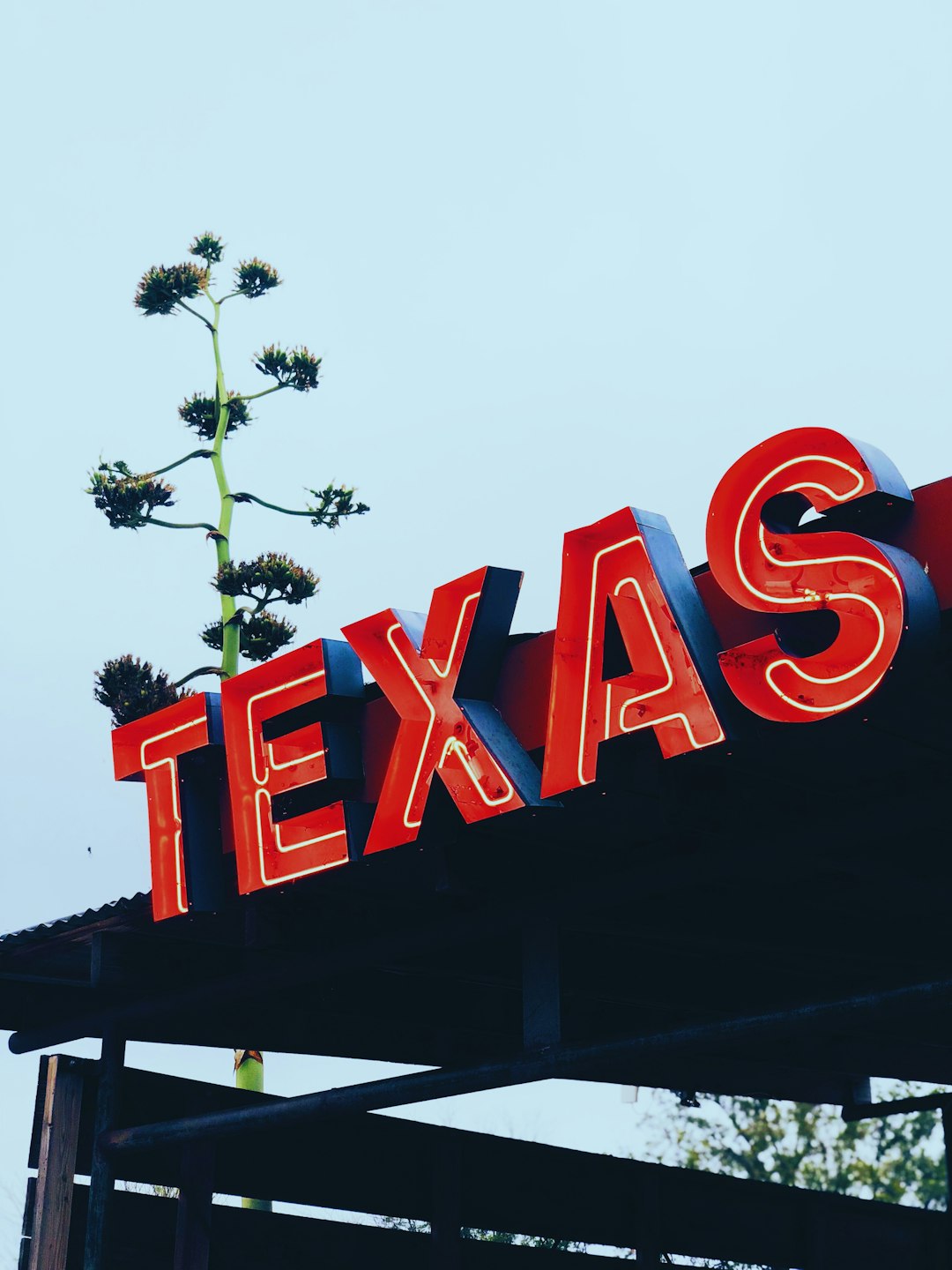
In Dallas, Texas, addressing sexual abuse within religious communities requires a multifaceted approach, with legal action and support playing a pivotal role. Victims of sexual abuse within these contexts often face unique challenges, including cultural sensitivities, potential ostracization from their communities, and emotional trauma that requires specialized assistance. A sexual abuse lawyer Texas can serve as a crucial ally for victims seeking justice and healing. These attorneys are trained to navigate complex legal systems while understanding the nuances of religious organizations, enabling them to advocate effectively for victims’ rights.
One of the primary functions of a sexual abuse lawyer Texas is to help victims understand their legal options and take appropriate action. This involves thoroughly investigating the incident(s), gathering evidence, and consulting with experts who can corroborate the victim’s experience. Legal action may include filing civil lawsuits against perpetrators or religious institutions that failed to protect members. Notable cases have led to substantial settlements, not only providing financial compensation but also raising awareness about the importance of institutional accountability. For instance, a recent settlement in Dallas highlighted the responsibility of church leaders to prevent and address sexual abuse within their ranks.
Moreover, these lawyers can facilitate access to support services tailored to survivors’ needs. This includes connecting victims with counseling, legal aid, and community resources that promote healing and long-term recovery. By collaborating with local organizations and advocacy groups, sexual abuse lawyers Texas contribute to building a robust support system for survivors. They also play a vital role in policy development and education, advocating for stricter regulations and better training programs within religious communities to prevent future instances of sexual abuse.
About the Author
Dr. Emily Johnson, a renowned expert in religious community safety, is a Certified Specialist in Preventing Sexual Abuse (CSPSA) with over 15 years of experience. She has dedicated her career to safeguarding faith-based communities in Dallas, Texas. Emily’s expertise includes policy development and training programs tailored to address unique institutional challenges. As a contributing author for the National Center on Sexual Abuse Prevention, she offers valuable insights in her articles and workshops. Active on LinkedIn, Johnson fosters a network of professionals committed to fostering secure environments.
Related Resources
Here are 7 authoritative resources for an article on preventing sexual abuse in Dallas, Texas religious communities:
- National Sexual Assault Hotline (Government Portal): [Offers immediate support and information for survivors of sexual assault.] – https://www.rainn.org/
- Texas Commission on Law Enforcement Officer Standards and Education (TCLEOSE) (Government Agency): [Provides training and certification standards for law enforcement, which can inform community safety strategies.] – https://www.tclese.texas.gov/
- University of Texas at Dallas: Institute for Safety, Security, and Violence Prevention (Academic Study): [Conducts research on violence prevention and offers resources for communities.] – https://www.utd.edu/issvp/
- Dallas County Public Health Department (Community Resource): [Offers public health services and resources related to community safety, including sexual assault prevention programs.] – https://dallascountypublichealth.org/
- Churches United in Christ (CUIC) – Dallas Region (Religious Organization): [A network of churches dedicated to social justice and community empowerment, which may have relevant resources for religious communities.] – https://cui-inc.org/dallas/
- The Rape, Abuse & Incest National Network (RAINN) (National Nonprofit): [Provides training and resources for organizations and individuals working to prevent sexual assault.] – https://www.rainn.org/
- Child Welfare Information Gateway (Government Portal): [Offers evidence-based practices and resources for child protection, relevant to preventing sexual abuse within communities.] – https://www.childwelfare.gov/
